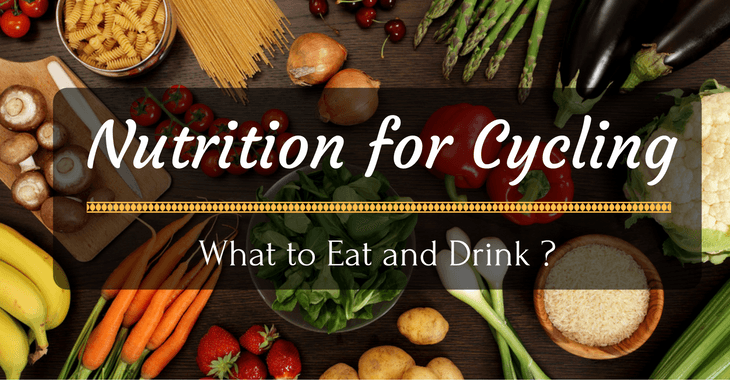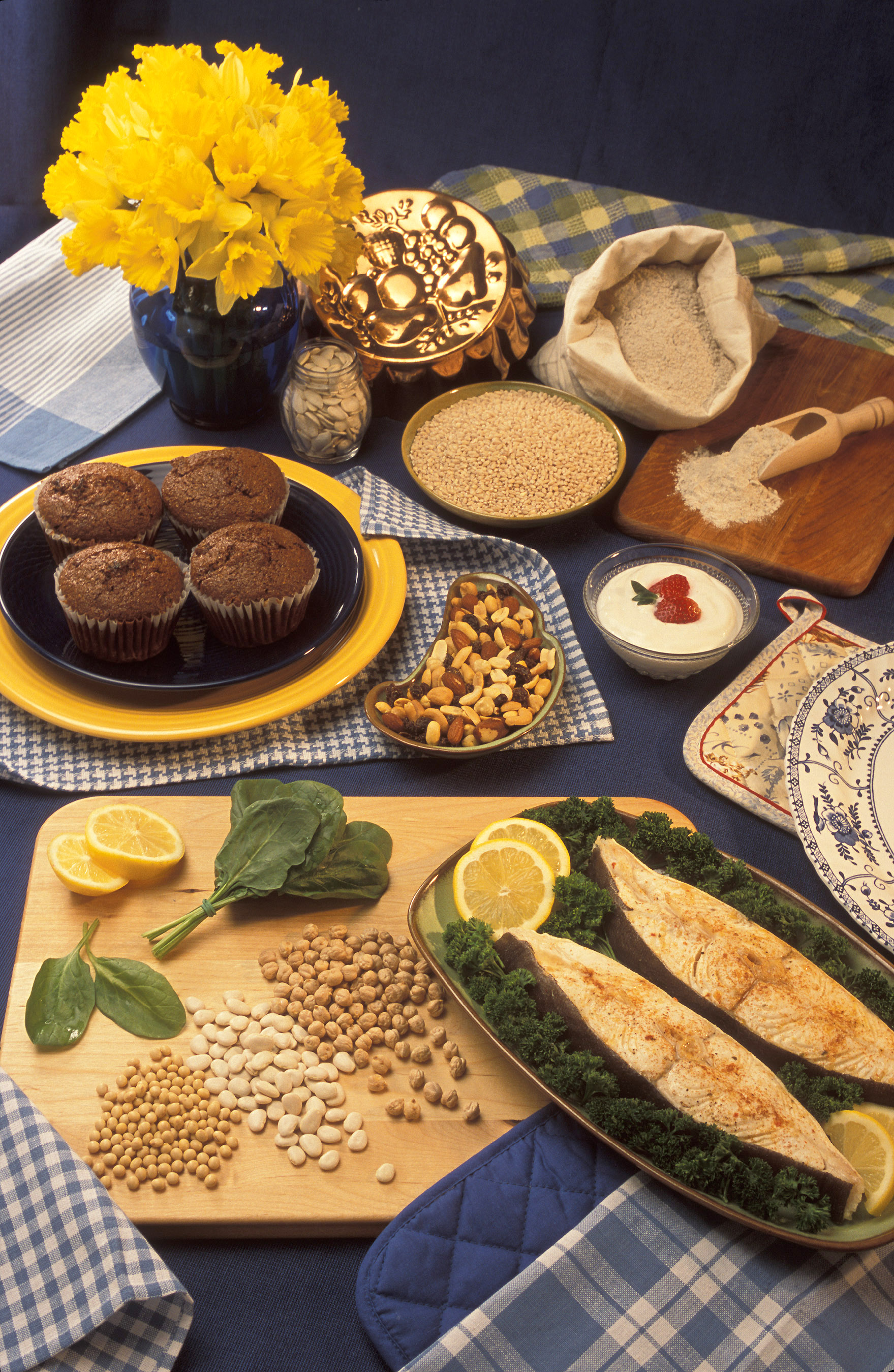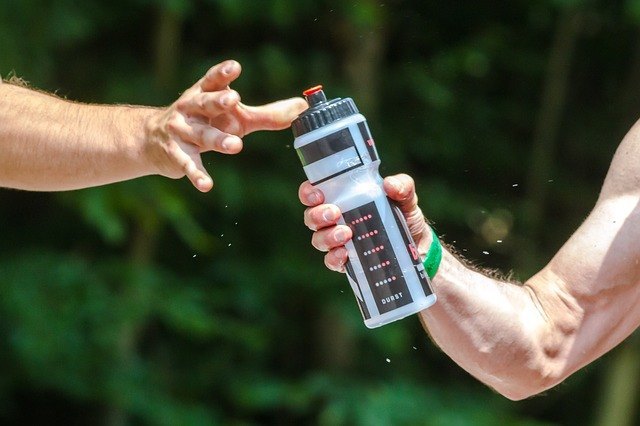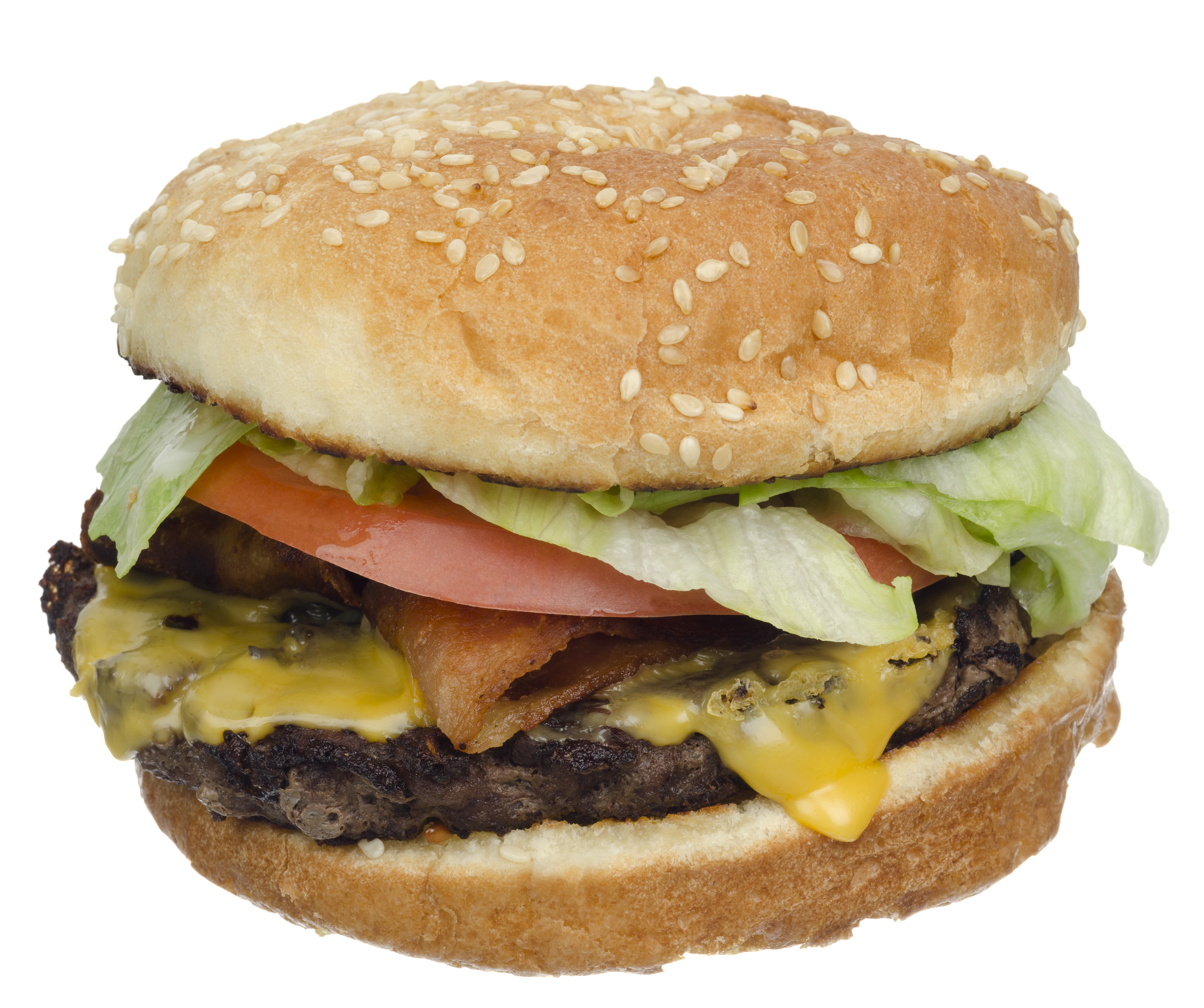
Nutrition for Cycling – What to Eat and Drink ?
There has been an increase in information regarding food and nutrition all over; this has created confusion and conflict. However, below is a list of important nutrition tips to help provide a meaningful information regarding the best cycling nutrition practices. The tips help in realizing the nutritional needs that are important in realizing a faster, stronger and a healthier cycling experience. The tips cover the importance of carbs while cycling and the drinks you need during the exercise.
Tips to get good food and drinks for a better cycling experience
1. Take the Right Amount of Calories
Your body will require additional calories to replace the energy used in cycling. Therefore, you need to continue taking a balanced diet to ensure that the body is well supplied with the right calories requirement. You can get the estimated calories requirement by multiplying the distance traveled by 40-50 calories. For example, if you travel a distance of 30km then the average calories to take will be 1200 C. for those who does intense riding requires around 1500Calories. However, as you progress in the exercises, the appetite increases as your body demands.
You might as well be aiming at losing some weight, no worry; you just need to lower your daily calories consumption by about 250 Calories. However if you have an oncoming activity that will require you to be energetic, it is not advisable to lower the calories intake two days before that day.
Nowadays there are some smart GPS gadgets that enable accurate estimation of calories burned depending on the terrain that you are to ride on. The gadget will as well give you the additional calories your body needs or the excess calories taken.
The level of food consumption might gradually start increasing due to hunger hormones released as your body maintains the amount of fat stored.
In case you want to lose some weight, you need to reduce daily calories to a maximum of 250 calories. However, it is advisable to avoid reducing calories while on a stressful situation or have a high intensive training period or have an oncoming occasion or event that you need to be actively involved in.
2. Carbohydrates Consumption
As we all know, carbs are the major sources of energy in for our bodies. The cyclist requires this energy to do their exercise effectively. The excess carbs in the body are stored as fats in the muscles for use while the body is starving. The weekly carbs consumption will be proportional to the miles road. Scientists suggest that for each kilogram your body is, you should use 5-9 grams of carbs each day. As vast servings of starch lead to a crest and trough of energy that can make you feeling extremely lazy, to eat enough sugar will boost your training, however, stay away from the impact of expansive servings to a fist-sized measure of a low-glycaemic starch.
It’s important that all carbohydrates are not equal and will differently affect energy levels and wellbeing. Although numerous celebrate the green light to sugary starches that cycling seems to permit without appearing on your waistline, enjoying an excess of sugary carbs in the regular every day eating routine can negatively affect recovery, energy levels, and wellbeing. It’s best to pick whole grain moderate discharge starches and fruits that are pressed loaded with supplements instead of refined sugar
It is advisable to go for cereals, fruits and vegetables this is because they are slow burning carbohydrates and provides the energy the body requires. Avoid sugary carbohydrates because they can have a negative impact in your body instead, go for whole grain, fruits and vegetables.
3. Eat Enough Proteins
Proteins help your body to have good health, better immune function and boosts the recovery process for it helps build muscle tissues. Recent studies show the importance of proteins over carbohydrates in cycling exercise because they keep your appetite in check.
Beans, oats, fish, eggs and lean meat, as well as dairy products such as milk, are the major sources of proteins. Note that red meat is not appropriate and should replace them with white meat such as chicken, fish or rabbits. Ensure that you have the portions of proteins in every meal for a healthy body. With late research highlighting that protein is likewise more filling than an equivalent calorie measure of sugar or fat, expanding your intake only a little can hold your craving under control as well.
4. Use Good Fat
Fats are critical for one’s health and, therefore, you should be careful when selecting what kind of fat to use. Good fats have no cholesterol and are polyunsaturated fats making them most appropriate for your health examples are; Omega 3 & 6 fats mainly found in fish, nuts, sunflower, etc. Bad fats are full of cholesterol and, therefore, unhealthy to your body, they originate from processed foods and meat. These fats cause heart diseases due to cholesterol in them.

They lower inflammation in the body thus making it suitable for those with allergy and asthma, they also provide stimulatory benefits that elevated the metabolism rate during cycling. 20g of good fats is recommended. Extra benefits from these fats incorporate reducing inflammation in the body, making them great for those with asthma and sensitivities while additionally giving a stimulatory advantage to the digestion system, and along these lines helping with weight reduction. Good fats are known to reduce cholesterol (LDL) and are in this way an imperative piece of the eating routine to help with the avoidance of coronary illness. Going for around 20g of good fat for every day is a great technique for wellbeing support without the danger of adding an excess of calorific fats to the eating routine.
5. Take the Right Vitamins and Minerals
Fat soluble vitamins such as Vitamins K, E, D, A are stored in the body. However, water soluble ones are not stored in the body thus needed daily on every meal. Zinc, Iron, and calcium are minerals that are vital to your body are needed daily in low quantities.
To guarantee insufficiencies don’t grow, particularly while training regularly, a good multivitamin is additionally a wise undertaking, however, keep away from overdosing on supplements unless utilized as a short-term treatment.
Minerals and vitamins are present in vegetables such as kale and spinach and fruits. Several pieces of fruits are recommended daily as well as fiber intake.
6. Ensure That You Drink Enough Water Daily.

Water is vital to our body it helps our body be hydrated for better functioning. Therefore, while cycling you should ensure that you take enough water eight glasses, at least, this is because your body is wasting a lot of fluid while sweating thus replacing the lost water during the training.
Basically, for every Kg lost you should have a litre of water to replace the loss; failure to do this will lead to dehydration that will lead to a significant effect to your body. A simple approach to work out your need is to measure yourself pre and post-ride. For every kilo you have lost, you require an extra liter of water, so if an hour long ride leaves you 0.5kg lighter then you simply require an additional 500ml of liquid in the eating routine to rebalance things.
With only 2% dehydration bringing about a critical reduction in performance, it is worth paying consideration on this statistics. It’s such a little straightforward step, yet it will have an enormous effect.
7. Tackle Your Ride Well.
Start off with low- paced rides in a span of 90 minutes and then have a good eating session. Give yourself a break in between the riding sessions to allow your body recovers.
If you need a longer intensive riding sessions, you need to have enough carbohydrates so that you can have enough energy before your exercise.
Studies demonstrate that a fuelling arrangement conveying somewhere around 30g and 60g of starch for each hour of riding is ideal, so testing within this extent is a decent begin point. You can pick a starch drink, a blend of water and gels or bars, or a blend of all of the three. Simply make sure you check the starch content as opposed to assuming that the total weight is cards.
The measure of sugar individuals can take on a person. Some may have the capacity to process 30g every hour while others can tackle 60g with no gastrointestinal distress. Begin at 30g and step by step expand this on consequent rides to figure out the amount you can endure. On the off chance that you can endure 60g, this will support better execution, so it worth attempting to get your body used to this.
Consider that practice intensity will determine what you can process as well; alongside to what extent you have been riding. Strong meals, for example, bars are normally better endured towards the start of a ride and are perfect for the first 50% of a sportive, for instance, however tackling a bar for a high-power race, for example, a period trial, would leave you attempting to process it. As the span or power goes up, switch from bars to gels to make up any additional sugar notwithstanding your beverage.
8. Recovery Meals

The initial 20 minutes after a ride is known the ideal refueling period where supplements are taken up all the more proficiently and transported to the muscle stores. Consuming a starch-rich meal or drink this period will enhance the rate at which your energy stores refill, which will directly affect what amount of stored energy you have access to for your next ride.
With examination showing that an admission of 1g of sugar for every kilogram you weigh amid this time is ideal for refueling, a 70g starch sustain for a 70kg cyclist is great. Consolidating this with 10g of protein will lessen your probability of getting harmed, help muscle recovery and decrease muscle soreness and has even been appeared to accelerate starch muscle refueling.
A milk-based beverage, a whey or soy protein-enhanced smoothie, a coat potato and beans, or a particular recovery equation all make great, sensible choices. With a portion of the particular recipes you can profit by fixings, for example, glutamine and colostrum, two proteins that can give additional invulnerable backing after strenuous instructional courses or races.
9. Caffeine: Good or Bad?
A few individuals keep away from caffeine at all costs, and others grasp it for its execution supporting impacts. In case you’re a fan, you’ll find most games physiologists are with you with studies demonstrating that 1-3mg of caffeine for every kilo of body weight can bring about upgraded execution, expanded force yield and enhanced mental center, with bigger measurements for the most part offering no extra advantage.
Interestingly, caffeine’s belongings give off an impression of being discredited by the warmth, with studies in more sweltering atmospheres demonstrating no advantage. This may be because of weariness being constrained by thermoregulation in these conditions as opposed to the fuel supply.
10. Get Your Pre-Ride Nutrition Timing Right
It can be troublesome working out what to eat preceding a ride, and I think most cyclists will have encountered both cycling ravenous and attempting to pedal tough with a stomach that feels like it has a lead weight in it!
If you eat little, consistent meals throughout the day, scaling back your three fundamental meals to make space for a mid-morning and mid-evening nibble, it makes it simple to guarantee you are fuelled before you take off. Rather, pick a low-fat, starch prevailing meals or nibble with a little measure of incline protein, as this will be processed significantly more quickly than greasy or predominant protein meals.
Finally, nutrition directly affects your cycling; it is, therefore, advisable to consider the best nutrition that will be helpful to your body. Also, ensure that you take your ride with caution to avoid accidents. However, nutrition is the best solution for your riding experience.
About the Author Nick Soros
Hi, I'm Nick Soros. I have been an cycling enthusiast from 2006. Ezroadbike.com is my personal blog where I share my pedaling experience. No matter you are a new cyclist or skillful one, you would find useful topics in my site. Have a great cycling...
